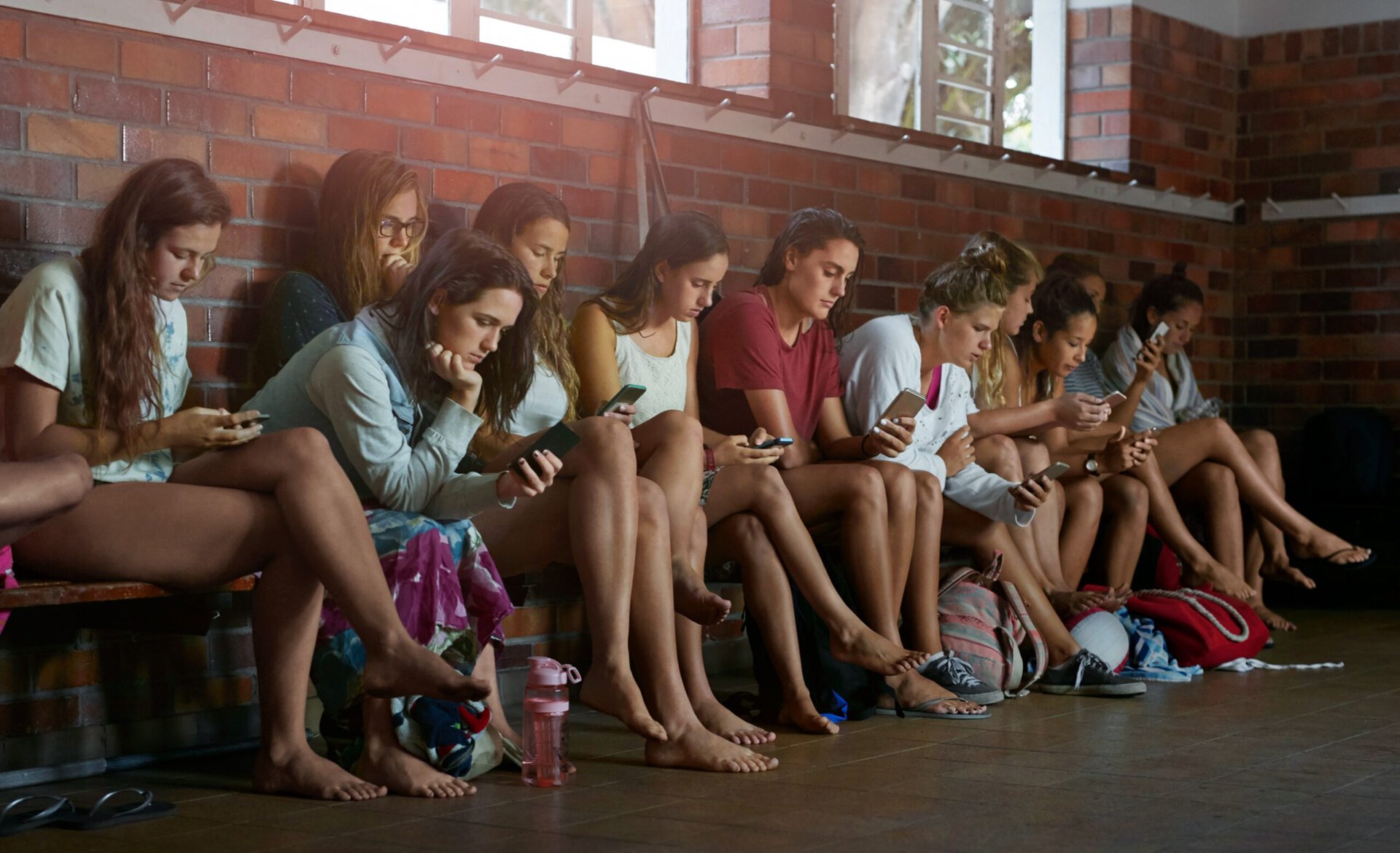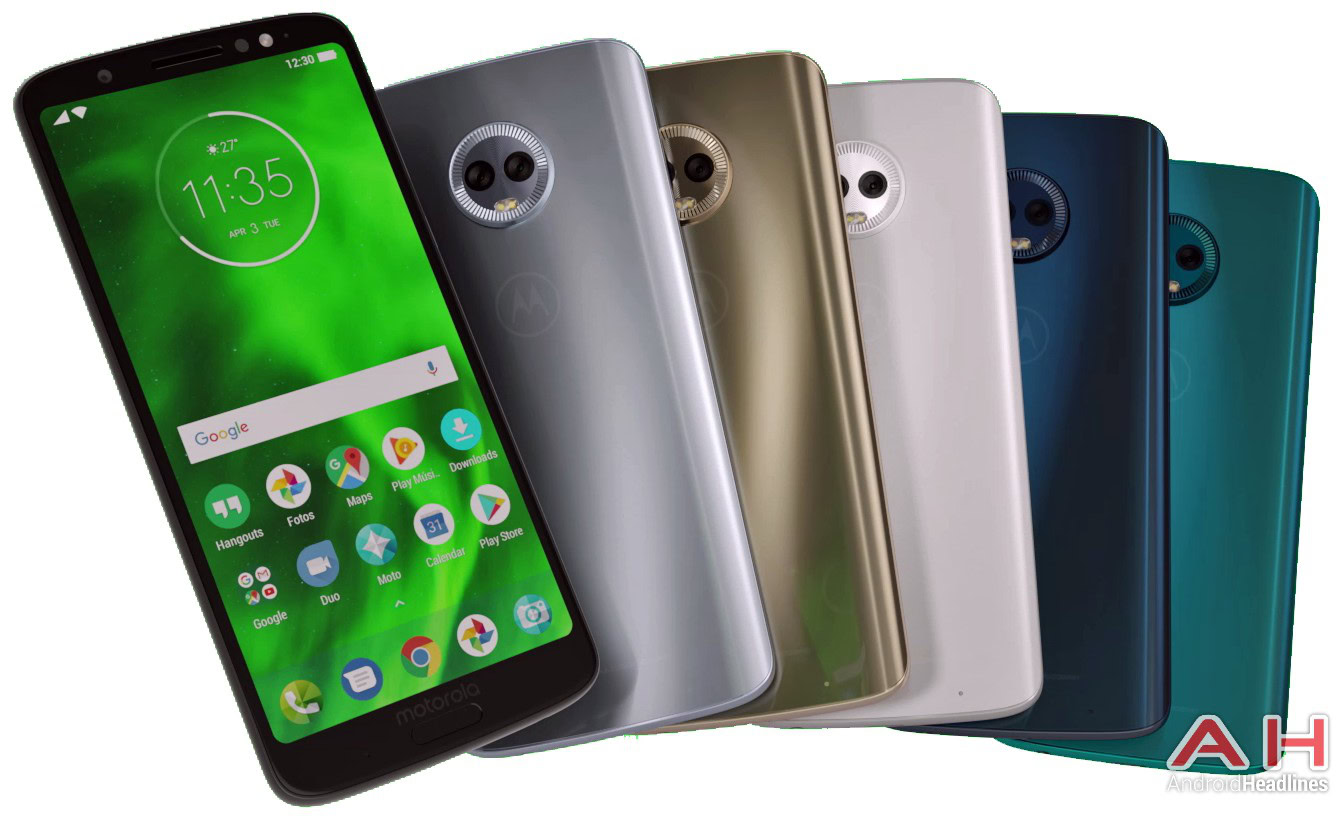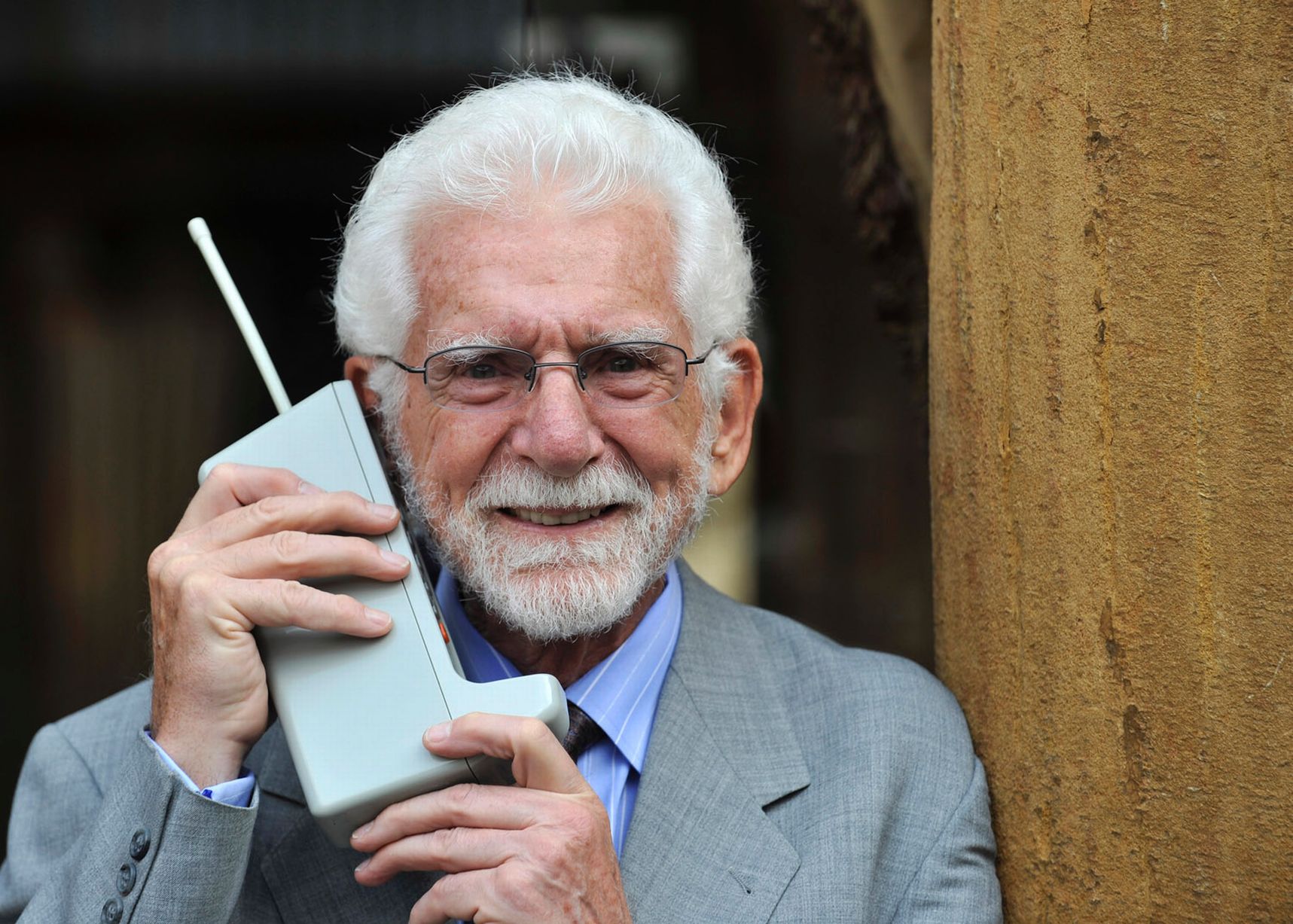Affiliate links on Android Authority may earn us a commission. Learn more.
Results from Motorola study on smartphone user habits look scary, probably aren't
February 22, 2018

- Motorola has published findings from a recent study it conducted into smartphone user behavior.
- The study, which had 4,418 participants, highlighted behaviors that may be linked to smartphone addiction.
- 53 percent of Generation Z respondents described their phone as a best friend.
Motorola has published findings from a recent study into smartphone user behavior and usage. The Motorola Phone-Life Balance Study, which it conducted between November 30 and December 26 last year, gathered information on the habits of smartphone users and the impact smartphone usage has on their relationships.
Motorola surveyed 4,418 smartphone users in the U.S., Brazil, France, and India between the ages of 16 to 65 with the help of Dr Nancy Etcoff from Harvard University and the Massachusetts General Hospital Department of Psychiatry. Though we don’t know the precise nature of the survey or its questions, the findings show some surprising responses:
- 33 percent of respondents prioritize their smartphone over engaging with people they care about and want to spend time with them.
- 49 percent agree that they check their phone more often than they would like (nearly 6 in 10 in both Gen Z and Millennial generations) and agree they feel compelled to constantly check their smartphone (44 percent).
- 35 percent agree that they are spending too much time using their smartphone (44 percent of Gen Z) and believe they would be happier if they spent less time on their phone (34 percent).
- 65 percent admit they “panic” when they think they have lost their smartphone (about 3 in 4 Gen Z and Millennials) and three in ten (29 percent) agree that when they are not using their phone they are “thinking about using it or planning the next time I can use it.”
- Issues with smartphones are more intense among younger generations, with 53 percent of Gen Z respondents describing their phone as a best friend.
Smartphone usage has been linked to sleep loss, poor grades, reduced memory function, depression and even fatalities; their effects on us should be properly explored (you can read more of our thoughts on smartphone addition at the link). But while the findings above might sound frightening on paper, some of the points, in this case, may not be as alarming as they first seem.
For example, I’ve stated that English breakfast tea is my best friend before, but I don’t think I’ve ever put it ahead of any real-life relationships (and hopefully my friends would agree).

Similarly, describing a feeling of “panic” if you lose your phone seems natural—they often contain lots of personal information, and they can be expensive. I’d also feel a sense of panic if I lost a beloved photo album, or my wallet.
35% of people may agree they spend too much time on their phone, but is there anybody who doesn’t feel like they spend too much time doing one thing or another? That’s just human nature, right?

With that being said, the research did also find some evidence to suggest that participants were interested in exploring life outside of their handsets:
- 61 percent of participants agree that they want to get the most out of their phone when they are on it, and the most out of life when they are not.
- The majority of participants (60 percent) say it’s important to have a life separate from their phones.
For its part, Motorola said it is working with the guys at SPACE its smartphone addiction app, and has created a quiz to help users learn where they are in terms of usage habits.
You can take the test yourself at the link here—if you do so, be sure to let us know in the comments what your results are (as long as you’re okay with that).